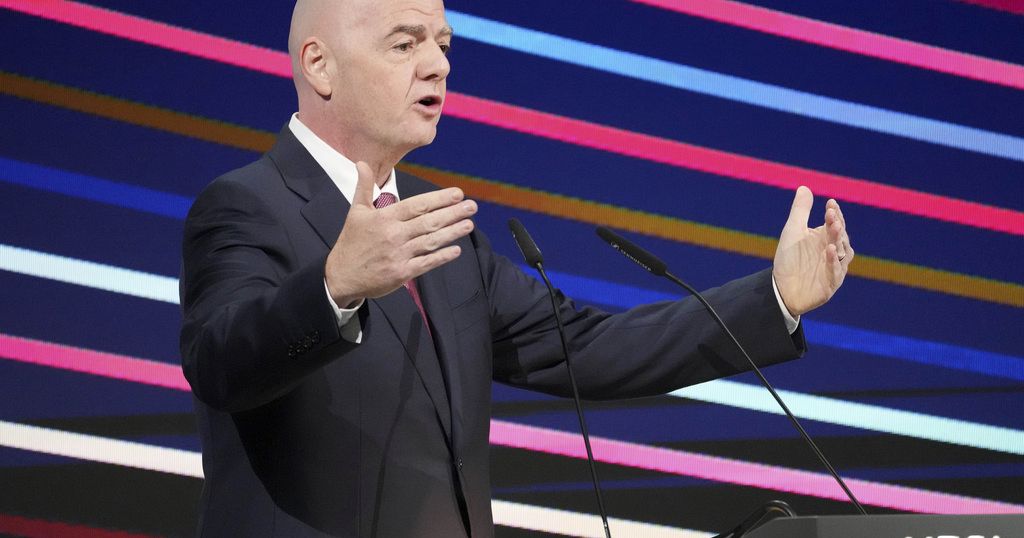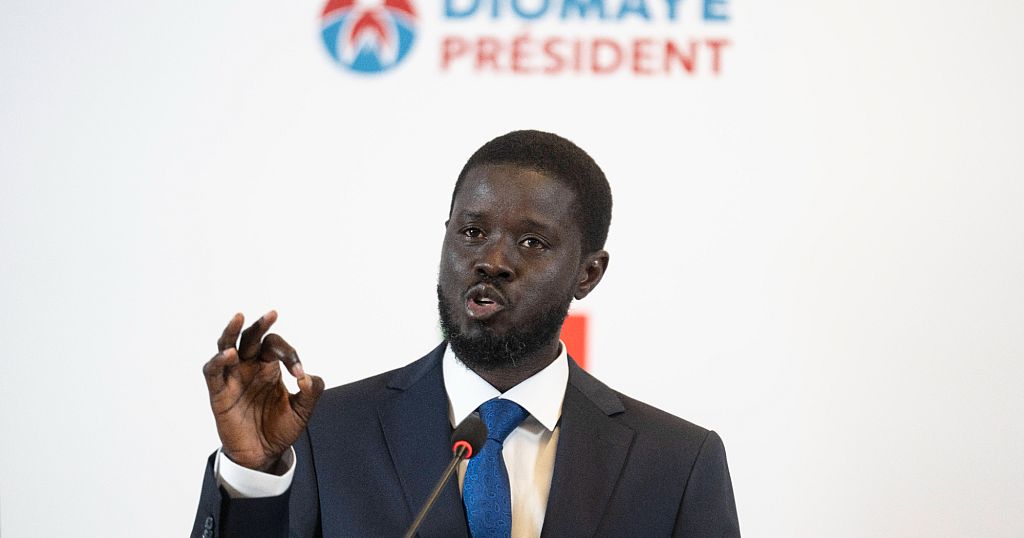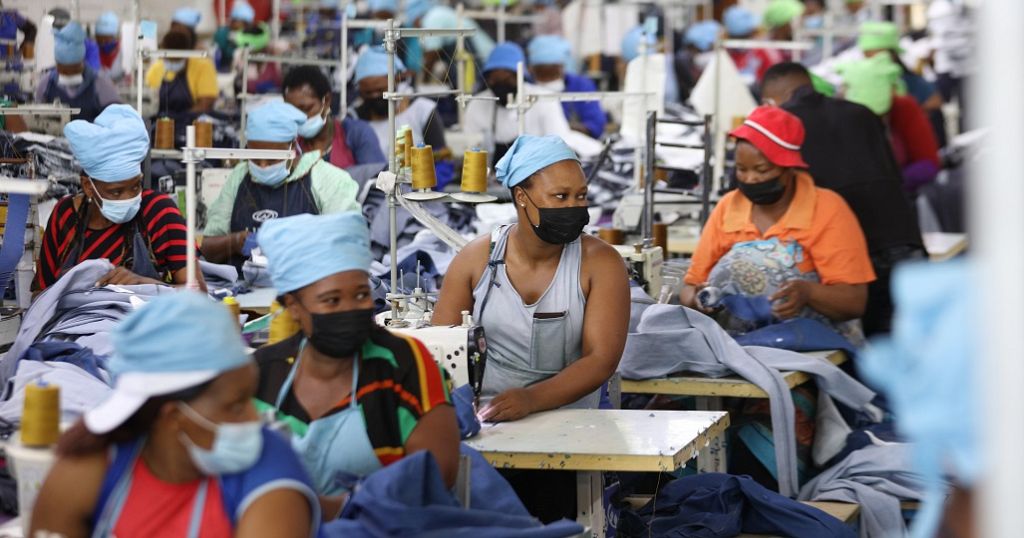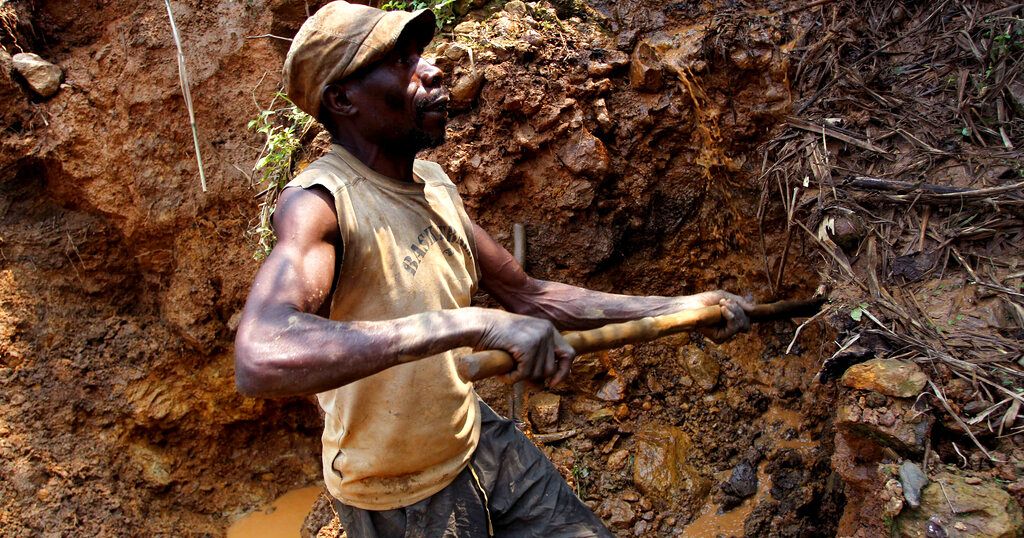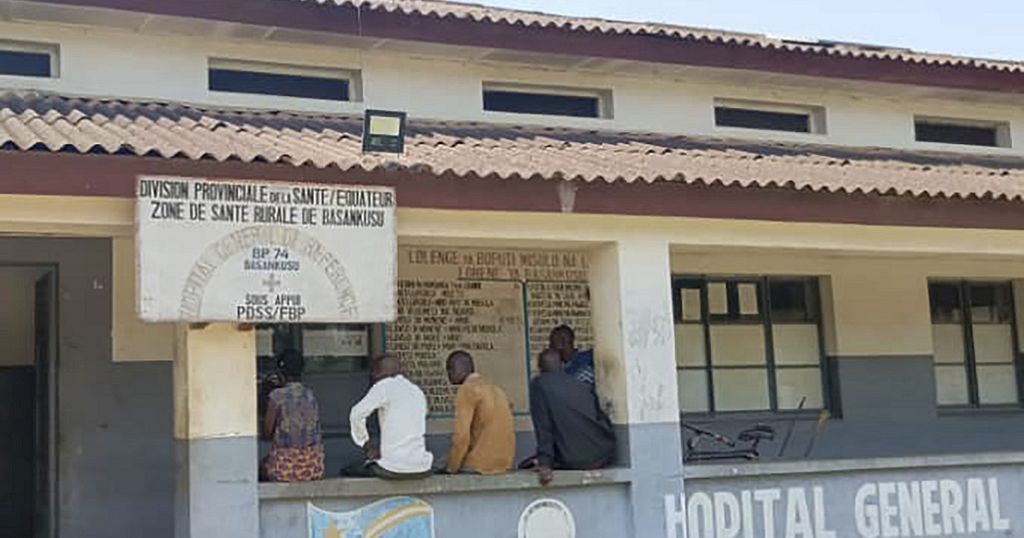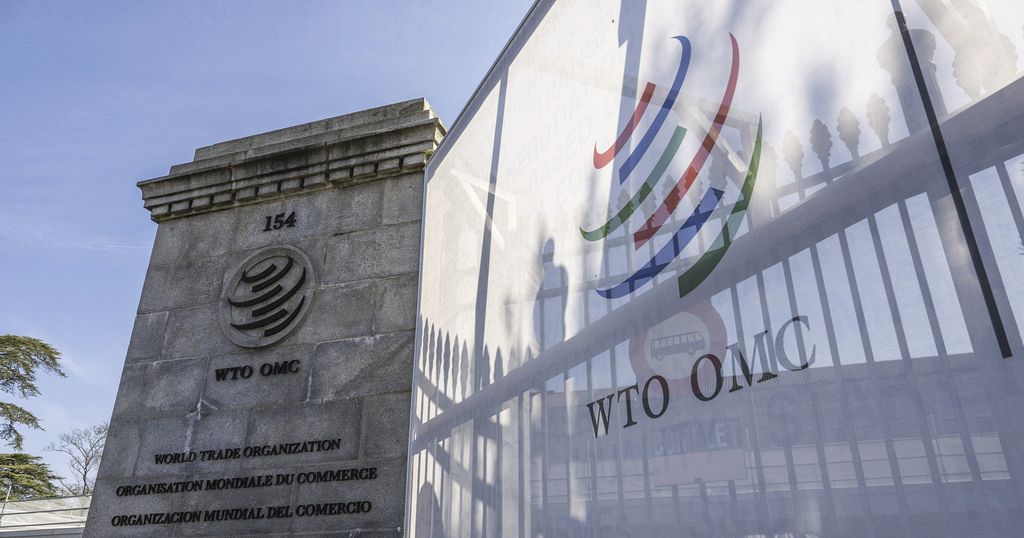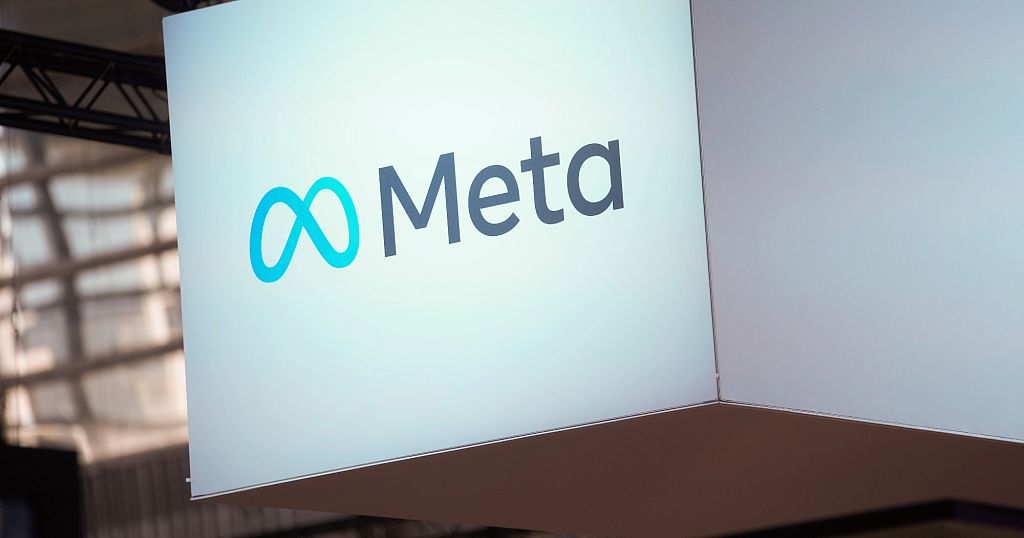Marrakech’s botanical garden adapts to survive climate change

A botanical garden in the Moroccan city of Marrakech has been feeling the effects of climate change as temperatures rise and rainfall patterns shift.
In response to the issue, the caretakers of Jardin Majorelle have implemented various solutions to mitigate the impact.
One of those adaptations involved reducing water-intensive features.
Gardeners began decreasing the number of bamboo plants and removing flowers and roses, which consume substantial amounts of water.
They also prioritized drought-resistant flora to ensure sustainable water usage.
Since 2019, mulching has also become a fundamental practice at Jardin Majorelle.
Gardeners use “all that falls from trees—branches, leaves, anything cut by the gardening team—to crush it at a composting station in the garden itself and to apply what is known as mulch at the base of certain plants,” explained Alexis Sornin, the director of the Yves Saint-Laurent Museum at the Garden.
By covering the soil with organic matter, they retain moisture, suppress weed growth and enhance soil fertility.
Water basins have been covered to minimize evaporation, and water-intensive grass has been replaced with low-maintenance small stones.
The use of wastewater was also implemented as an adaptation solution.
“This approach ensures that it is not the city’s water supply, which is in large demand, that sustains the garden, but rather water that is used, recycled,” Sornin said.
Some visitors, like Sandrine Szajkao from France, have noticed the difference.
“I noticed, for example, there is no longer a lawn. Everything that is categorized as mineral is beneficial against climate change, and indeed, it raises the question of how long we can maintain this garden in its current state without wasting water,” she said.
Despite the changes to adapt to the climate crisis, Jardin Majorelle keeps attracting visitors to its serene atmosphere.
The Garden, which was opened to the public in 1947, was visited by more than a million people last year.
Source: Africanews



